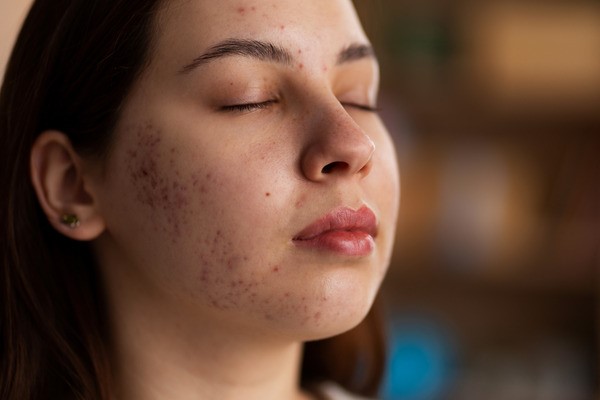Laser treatment is a widely used dermatological procedure designed to minimize the appearance of acne scars by removing damaged skin layers and stimulating collagen production. This non-invasive method uses focused light technology to break down scar tissue while encouraging the growth of new, healthy skin cells.
Laser therapies used for acne scars include fractional CO2 lasers, erbium lasers, and non-ablative lasers. Each technology targets the skin in unique ways and is selected based on scar severity, skin type, and treatment goals. Patients opting for Acne Scar Treatment in Dubai typically undergo a customized treatment plan designed around these factors to ensure optimal results.
How Many Sessions Are Required?
The number of laser sessions needed for acne scar reduction varies from person to person. On average, 3 to 6 sessions are often recommended to achieve noticeable improvements. However, some individuals may require more or fewer sessions depending on various factors. Laser therapy works gradually. Most treatments are spaced 4 to 6 weeks apart, allowing the skin to heal and regenerate between sessions. The effects become more visible with each session as the skin's texture and tone continue to improve.
Factors Influencing the Number of Sessions
Scar Type and Depth
The nature of your scars is a major determinant. For instance, icepick scars, which are deep and narrow, may need more aggressive and repeated laser treatments. In contrast, rolling scars, which are more superficial, might respond faster to fewer sessions.
Skin Type and Tone
Individuals with lighter skin tones often respond faster to laser treatments. However, advancements in laser technology now allow those with darker skin tones to benefit as well, albeit sometimes with more caution and potentially more sessions to reduce the risk of pigmentation changes.
Overall Skin Health
Healthier skin responds better and heals more effectively post-treatment. Hydrated and well-maintained skin typically sees faster results. In contrast, skin that is sun-damaged or inflamed may take longer to respond to laser therapy.
Laser Technology Used
Different laser devices deliver varied results. Fractional CO2 lasers, known for deeper penetration and stronger collagen stimulation, often show dramatic improvement after fewer sessions, but with a longer recovery time. Non-ablative lasers, while gentler, usually require more sessions for comparable results.
Is Laser Treatment Right for Everyone?
Laser therapy is generally safe, but it may not be suitable for everyone. Individuals with active acne, certain skin conditions, or those prone to keloid formation might not be ideal candidates. A thorough consultation and skin analysis are essential before proceeding. For individuals considering acne scar treatment, it's important to undergo a professional assessment to determine suitability and design a realistic treatment timeline tailored to your skin goals and scar severity.
Conclusion
Laser treatment for acne scars is a progressive process that requires patience, commitment, and proper aftercare. Most people can expect to undergo 3 to 6 sessions, with improvements seen gradually over a few months. With technological advancements and expert guidance, achieving smoother, clearer skin is more accessible than ever. Those seeking acne scar treatment can benefit from modern, personalized solutions that deliver lasting, transformative results. By understanding your skin’s needs and staying consistent with your treatment plan, you’ll be well on your way to reclaiming your confidence and enjoying healthier skin with reduced scarring.





Comments